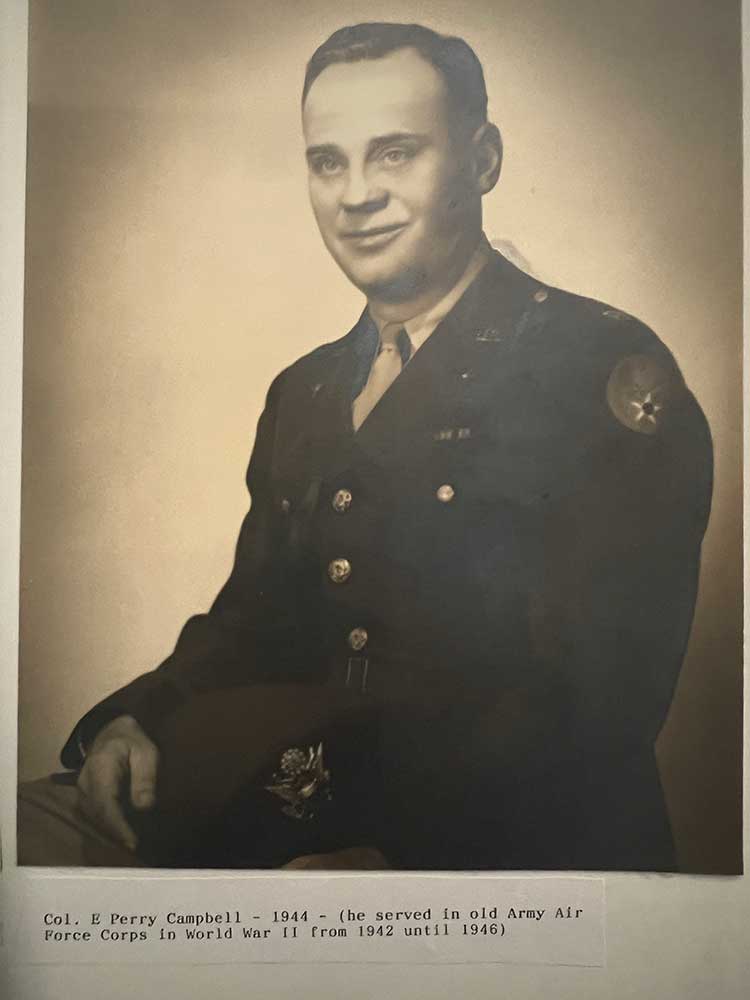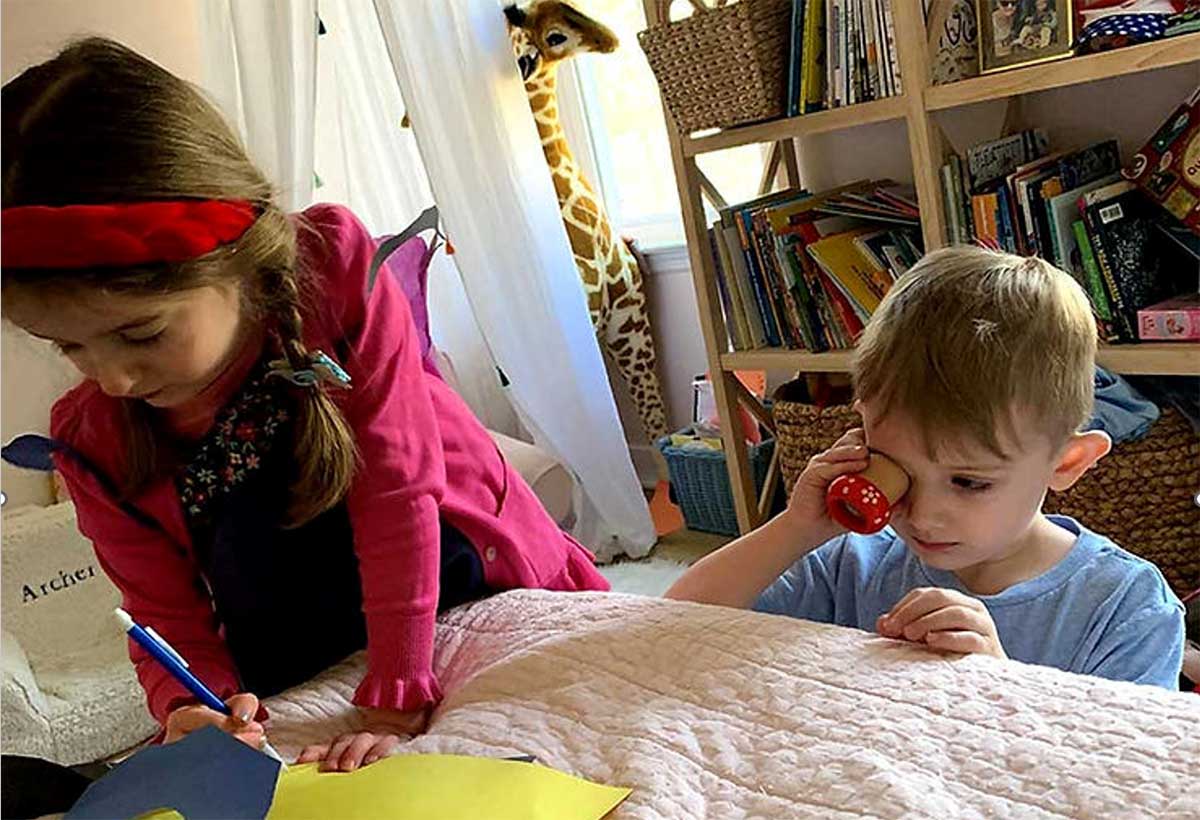It’s been thirteen years today since my dad died. The day sits in my memory; not just from sorrow and exhaustion, but also because it seemed fitting that he died on Pearl Harbor Day. When I was growing up, my dad would take me downtown once a year for a special Christmas shopping date. I was 8 or 9 the first time and remember the excitement of riding the train with him, dressed up in fuzzy white earmuffs and gloves, my red wool coat buttoned tight. I pressed my face against the window while the towns rushed by, and Dad explained why the day was extra-special; December 7th was Pearl Harbor Day.
 Dad had been eleven when Pearl Harbor was bombed; old enough to read the news and listen to the radio, and old enough to be scared and excited and confused. His father joined the service not long after, which ended up changing the trajectory of his life as well as that of his family. It’s only now, as I’ve learned more about childhood trauma, that I can more fully comprehend how Pearl Harbor was a critical Before/After moment that helped shape the man my father became.
Dad had been eleven when Pearl Harbor was bombed; old enough to read the news and listen to the radio, and old enough to be scared and excited and confused. His father joined the service not long after, which ended up changing the trajectory of his life as well as that of his family. It’s only now, as I’ve learned more about childhood trauma, that I can more fully comprehend how Pearl Harbor was a critical Before/After moment that helped shape the man my father became.
If I’d been a few years older when President Kennedy was assassinated, November 22nd may have crystallized in my memory in such a way. Instead, the Vietnam War and Fall of Saigon were probably the closest critical world events from my early memories. I wonder if that’s how September 11th feels for my own kids; an ordinary day in childhood, transformed to one of horror, fear, and uncertainty, all amid “patriotism”, then numbness, followed by grief. The loss of innocence was… and is palpable.
As I work with kids of all ages now, I see that March 11th, 2020 (and its continuing aftermath) was a seminal day for each of them. While everyone has their own personal moments of tragedy, there is something about the experience of a collective wound that reminds us of our shared humanity. COVID-19 is the historical event for this generation.
We could all benefit from some reflection on our own childhood memories, and those of our parents and grandparents, to help us talk with children about defining generational experiences. Encouraging kids to express their feelings, and validating them, can go a long way toward helping them process and integrate their own Before/After moments. Some day they may share them with their own children, as my dad did with me. Knowing each others’ stories leads to more intergenerational empathy and understanding for us all; while making meaning of our stories can serve as a powerful antidote to trauma.





